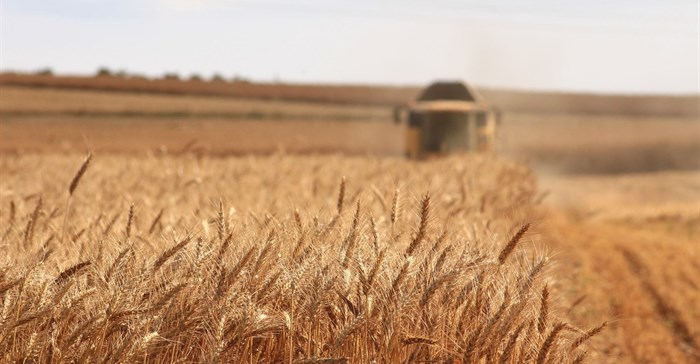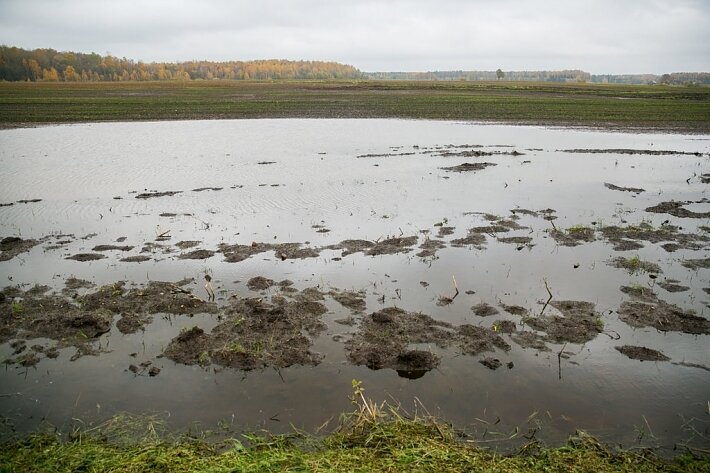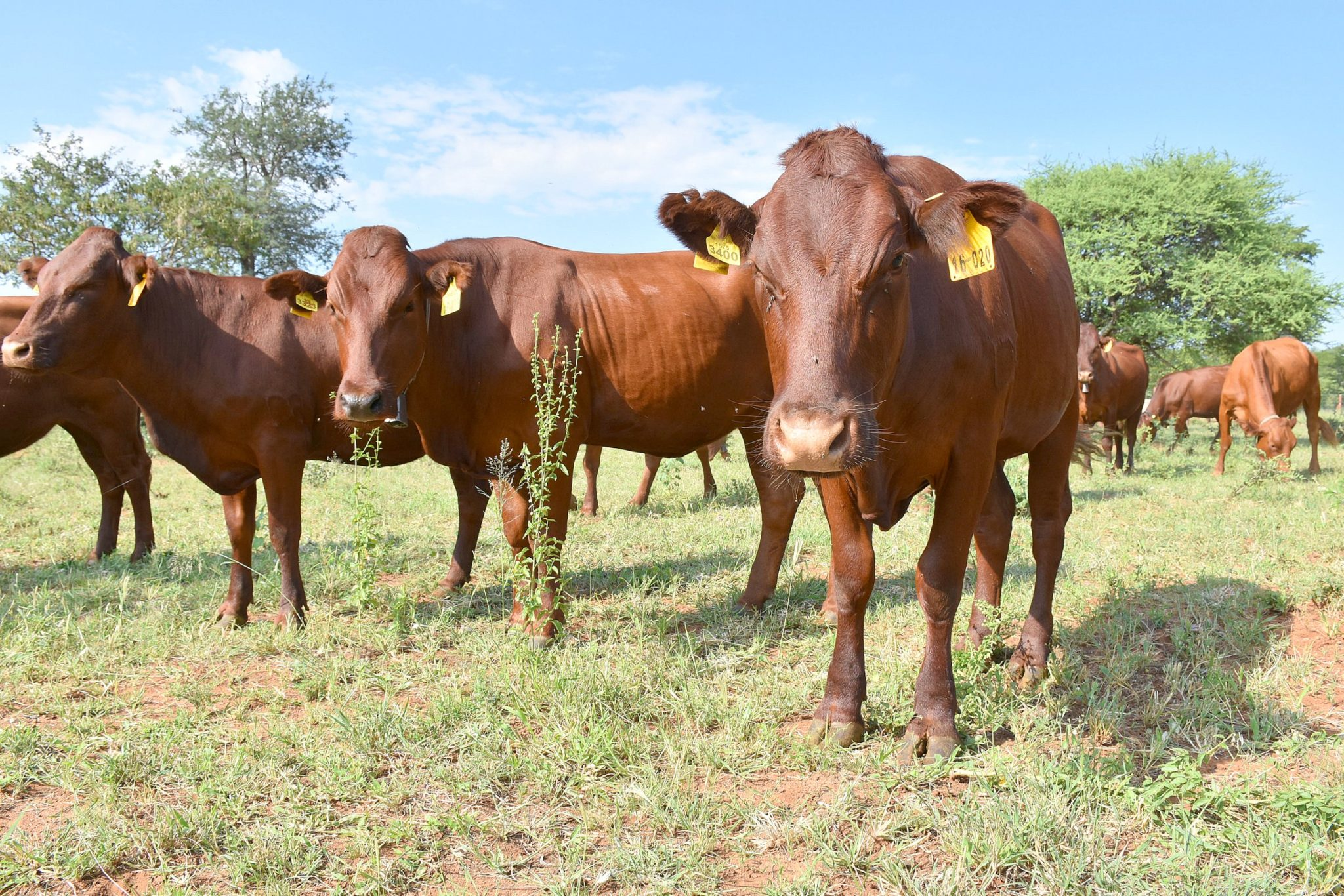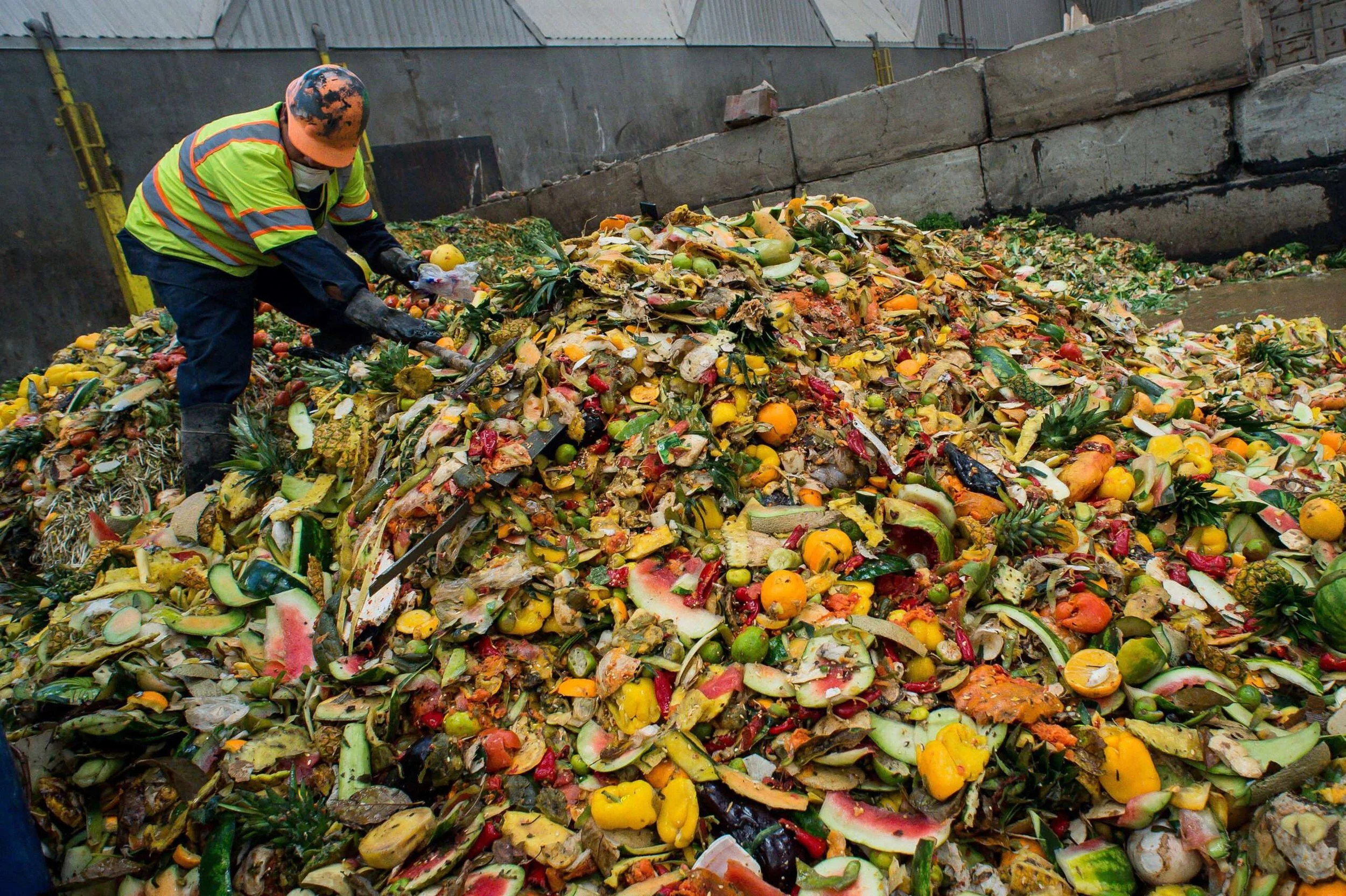Rick Kantz with the BC Grain Producers Association says he hasn’t seen a year like this since the 1990s.
With crops still on the field, he says producers are in a lurch.
“We are still dealing with the fall. About 20 per cent of yields are still on fields and this isn’t going to be positive,” he says.
“Cereals will likely be flattened and not sellable. Canola that would normally have been pulled in has been snowed under.”
He said this season was not what the agriculture sector needed.
“We are all used to uncertainty to a point, but we’re still trying to salvage this year,” he said.
Dawson Creek rancher Larry Fossum, past president of the B.C. Cattlemen’s Association, said earlier this fall that the situation has him having to do more with less.
“Ranchers with full-time income coming off the ranch would be (earning) roughly 40 per cent less right now if they sold their cows,” he said.
According to a Country Life in B.C. report, Anne Wasko told the B.C. Association of Cattle Feeders the U.S. was solely to blame for the over correction in price. Wasko said the cow inventory in that country has come on so strong that the market hasn’t had time to catch up.
Shaun Grant, general manager of the South Peace Grain Cleaning Co-op, said he knows of one mid-size producer who’s pegged his losses at $1 million.
“There wasn’t time to complete the harvest,” he said. “The ground conditions have been very wet and soft, and then it started to rain and that delayed harvest. Then the snow came right behind it.”
Kantz agrees.
“If it hasn’t been cold, it has been raining,” he said.
“There has been nothing like this since the 90s crops on the field rolling past mid November is certainly an odd year.”
B.C.’s Peace Region accounts for about 80 per cent of the province’s field crop production, with main crops being wheat, barley and canola.
Kantz says the 20 per cent of crops left on the fields is many producers’ margin.
“And then when the crop on the field is of less quality, more of a feed level, then income goes down. Cattle were down this year too. We need an early spring to get this year’s work done—to get the crops off before new planting.”
He admits it doesn’t look promising and that early spring chances are slim. “Right now it doesn’t look like an early spring is in the cards.”
Source - http://www.alaskahighwaynews.ca











